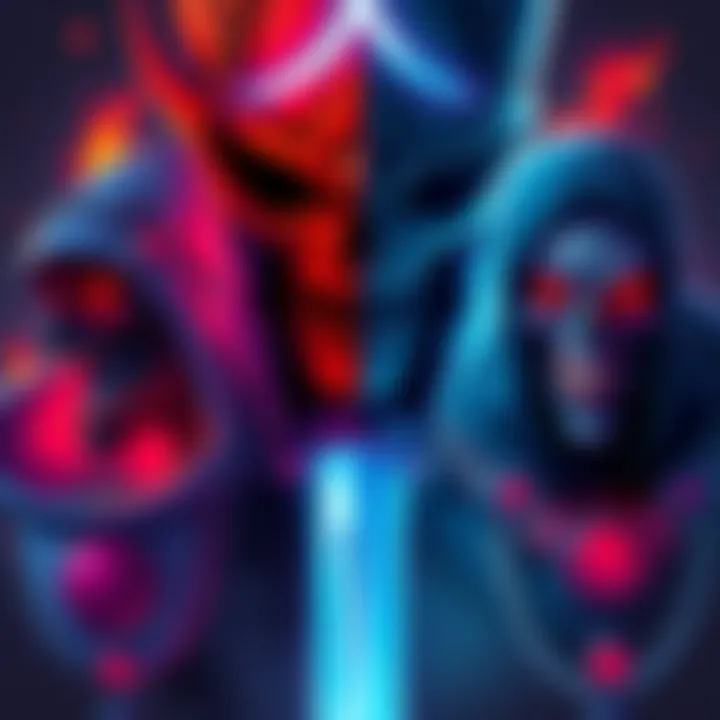Controversy Sparks | Gaming Narratives Shift from Conduits to Human Evil

A growing wave of discussions unfolds on forums about the changing portrayal of characters in the Infamous series. Players are actively questioning the narrative switch from conduits as villains to a darker depiction of humans. Critics highlight the implications behind these roles as they reflect our societal struggles with identity and power.
Evolving Narratives: Conduits vs. Humans
In earlier installments like Infamous 1, players encounter Cole as the only positive conduit, but the follow-up reveals a darker side to even the supposed heroes. "In Infamous 2, the main antagonist, a conduit, desires to exploit his powers while demonizing those like Cole," one player noted. This shift complicates character perceptions, stirring debate on morality and representation.
Curiously, Infamous: Second Son flips the focus entirely, presenting humans as the antagonists, with the character Augustine spearheading a movement against conduits. "They used them as scapegoats for disasters like The Beast," another user observed, illustrating how the narrative has evolved to highlight the complexities of blame in crises.
Players Weigh In: Key Themes
Morality in Context: Evolving views on good and evil prompt gamers to consider deeper moral questions, such as responsibility in storytelling.
Conduit Representation: Participants note most conduits are shown negatively, often as criminal figures, leading them to wonder about possible biases in narrative.
Human Perspectives: Several comments discuss how the bias against conduits might stem from media manipulation and government scapegoating.
"The presentation of humans as villains complicates the overall storyline too much."
The attached sentiments lean toward a mix of frustration and curiosity about the game's evolving themes, with some recognizing the nuance while others critique the shift overall.
Voices from the Community
Responses on user boards highlight contrasting views:
"If conduits only come across as gangsters, do they deserve a positive image?"
"No one should tolerate sending anyone to concentration camps, regardless of their powers."
This complex dialogue raises questions about representation and morality, with players asking how these narratives reflect on our present societal issues.
Notable Insights
✦ A shift in narrative focus raises debates on morality, privilege, and representation.
◼️ Ongoing discussions emphasize the repercussions of negative stereotypes in media.
⚠️ "This isn’t just a game—it overlaps with our real-world issues!" - A prominent comment reflecting deeper concerns.
As players continue to unpack these narratives, the ramifications for character design in games appear profound. This evolution invites further examination of how storytelling can influence perspectives both in gaming and society at large.
